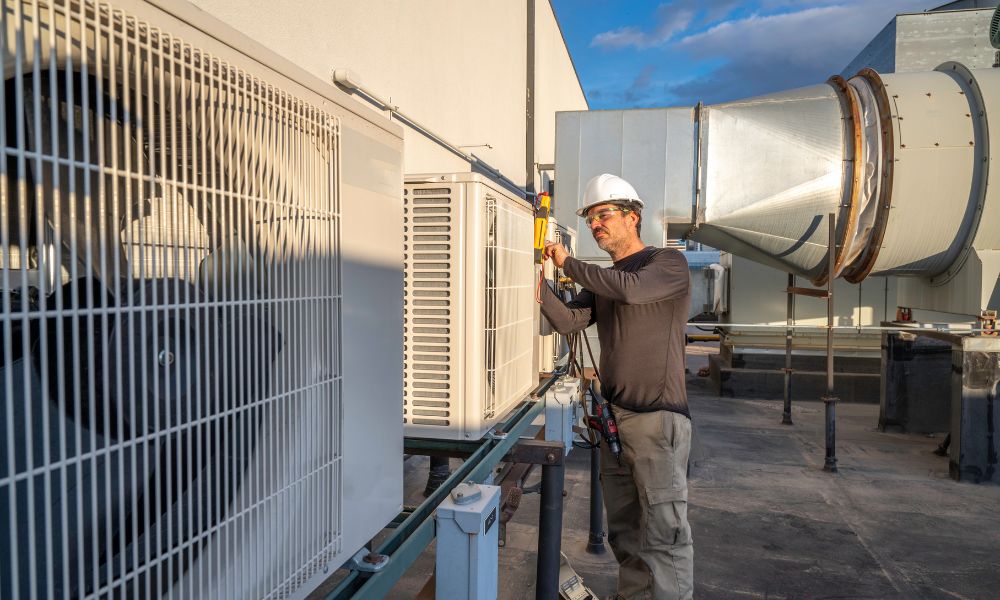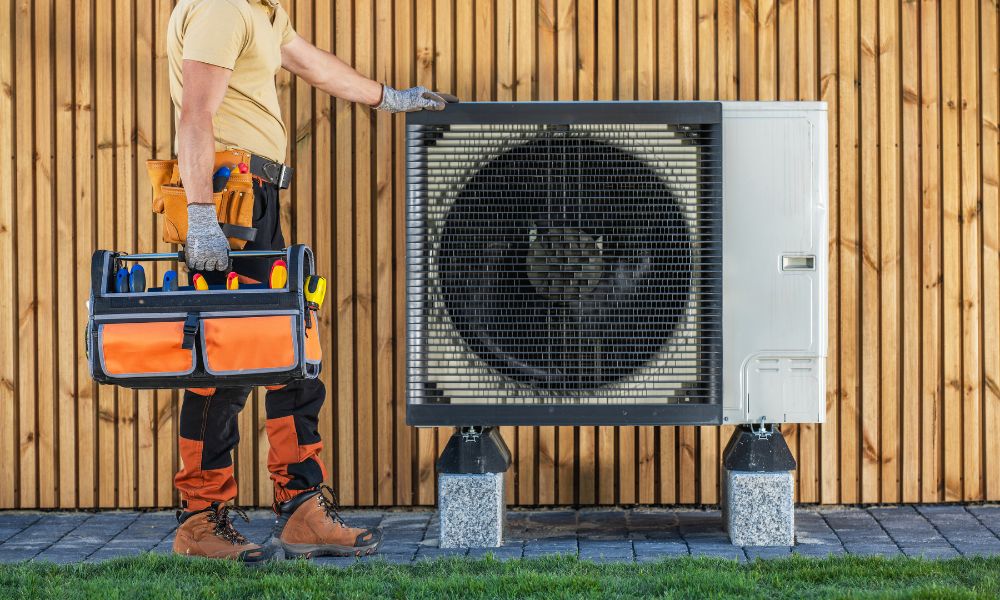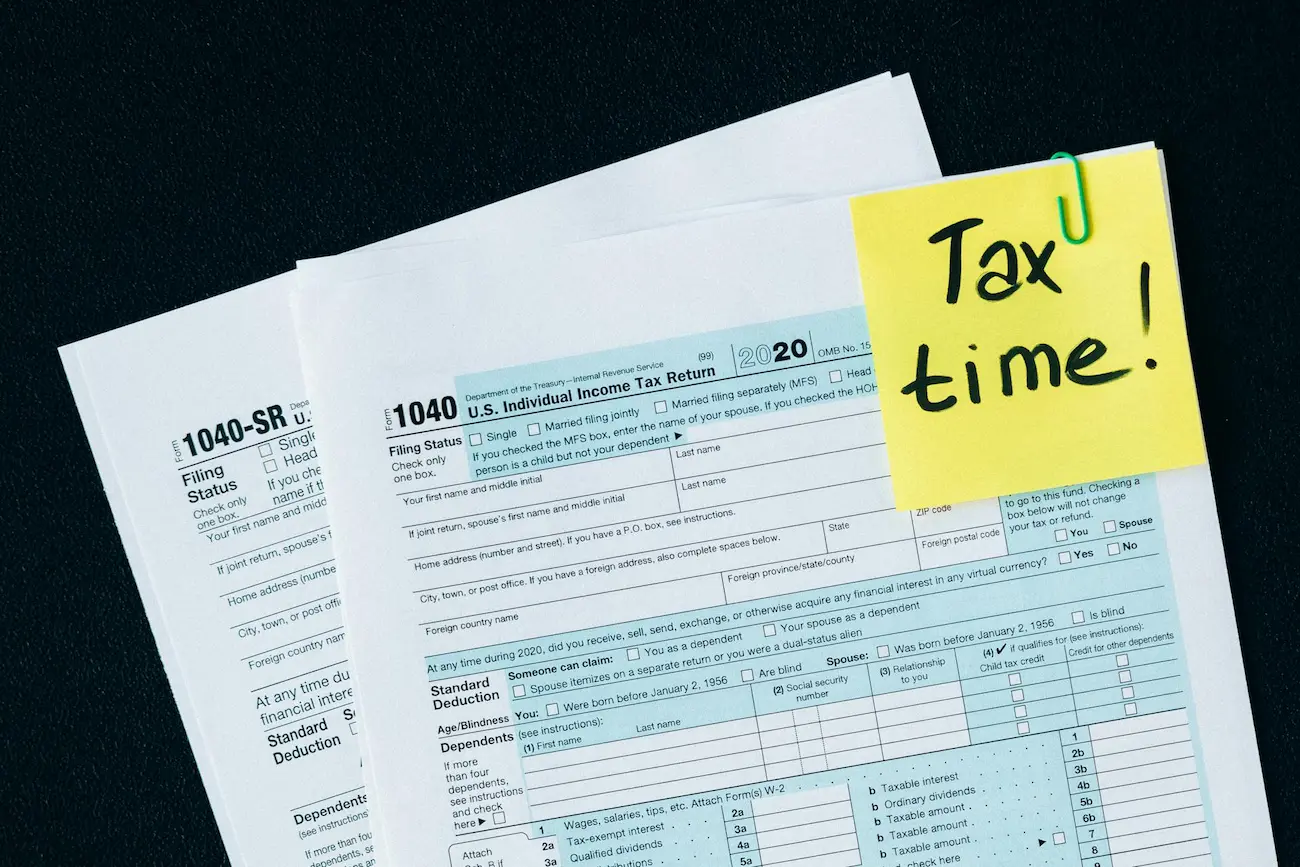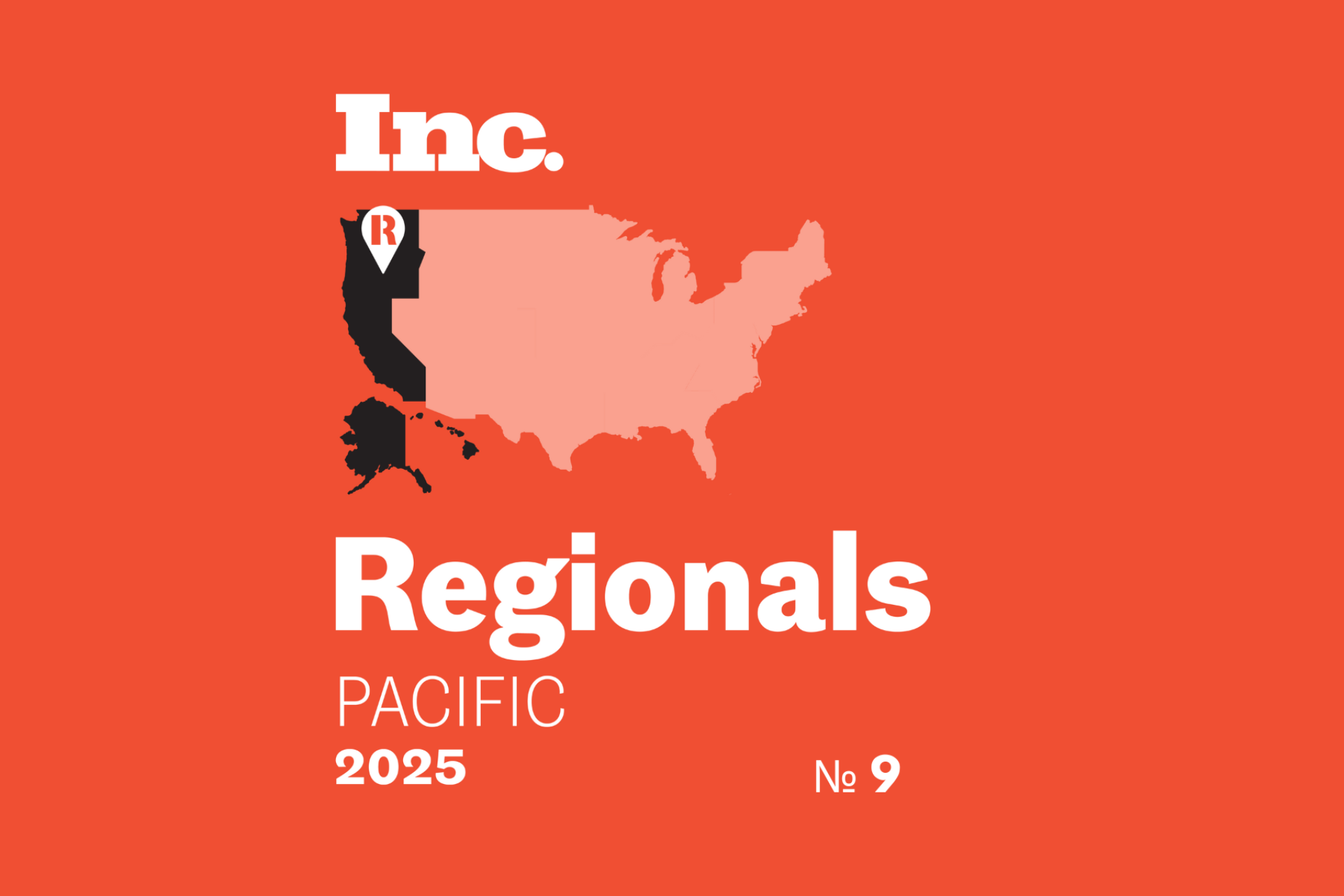When running an HVAC company, keeping track of finances is crucial for long-term success. As your business grows, the need for professional help with financial management becomes more apparent. Two key services that HVAC business owners often consider are CPA (Certified Public Accountant) services and bookkeeping. Both are vital, but they serve different purposes. Understanding the difference between them helps you make informed decisions about what’s best for your HVAC business’s financial health.
While bookkeeping services are focused on maintaining accurate financial records and keeping your books up to date, CPAs handle more complex financial tasks like tax planning and financial forecasting. Both are important for HVAC companies, especially when it comes to making smart business decisions, tracking income and expenses, and ensuring sufficient cash flow.
Optimize Your HVAC Business Finances
Scope of Services
Understanding the difference between the scope of services provided by bookkeepers and CPAs is key to knowing what your HVAC business needs. Both services play an essential role in managing your business’s financial health, but they focus on different areas.
Bookkeeping Services
HVAC bookkeeping is essential for day-to-day financial management. A professional bookkeeper will record and categorize all financial transactions, ensuring that your books are always up to date. This includes managing accounts payable and receivable, which helps in keeping track of unpaid invoices and maintaining a healthy cash flow. Accurate billing and expense tracking are critical in avoiding cash flow problems, especially when it comes to overhead expenses and labor costs.
Bookkeeping services also involve processing payroll for HVAC technicians, reconciling bank statements, and generating basic financial reports such as balance sheets and profit and loss statements. These reports help you keep a close eye on your business’s financial performance, ensuring that your actual business data is always accurate. Bookkeeping also supports job costing, which can be especially helpful in identifying trends and tracking equipment-related expenses.
CPA Services
CPA services go beyond basic record-keeping by providing higher-level financial analysis and advice. For HVAC businesses, this means that CPAs not only prepare and file your tax returns but also help with tax planning strategies that can reduce your tax liability during tax season. They provide insights into how much sales tax is due and assist in tax preparation, helping you stay on top of your tax obligations.
Additionally, CPAs conduct audits, ensuring that your financial records are accurate and compliant with legal standards. They also offer financial forecasting and budgeting, allowing HVAC business owners to make better business decisions based on projected future inventory costs and estimated accounts receivable. CPAs advice on long-term financial planning, helping you navigate complex financial matters and make informed decisions that promote your HVAC business’s financial health and growth.

Qualifications and Expertise
The qualifications and expertise of bookkeepers and CPAs differ significantly, reflecting the different roles they play in managing the financial health of HVAC businesses. While both are important, their educational backgrounds and skill sets vary, influencing the types of services they can provide.
Bookkeepers
Bookkeepers generally do not require specific certifications or degrees, although many have training in accounting or bookkeeping practices. Their primary focus is on data entry and organization, ensuring that financial records are kept up-to-date and accurate.
Expertise in bookkeeping software, such as QuickBooks, is essential for bookkeepers, as they use these tools to track income, expenses, and other financial data. For HVAC business owners, having a bookkeeper skilled in software ensures that their financial information is always well-organized and ready for review.
CPAs
Certified Public Accountants (CPAs), on the other hand, must meet more stringent qualifications. A CPA must have a bachelor’s degree in accounting or a related field and pass the CPA exam, which is known for being highly rigorous. In addition to passing the exam, CPAs are required to maintain ongoing education to stay updated on tax laws, auditing standards, and advanced accounting principles.
Their in-depth knowledge of these areas allows them to provide specialized services, such as financial forecasting, tax planning, and audits, making them invaluable to HVAC businesses needing more advanced financial guidance.
Cost of Services
The cost of bookkeeping and CPA services for HVAC companies varies based on the qualifications and scope of work each provides. Bookkeeping services are generally more affordable because they focus on routine financial tasks such as maintaining accurate records, processing payroll, and generating basic financial reports.
CPAs, on the other hand, typically charge higher hourly rates due to their advanced expertise and the high-value services they offer, such as tax planning, audits, and financial forecasting. HVAC business owners can choose the right balance based on their company’s financial needs and budget.
When to Use Each Service
Understanding when to utilize bookkeeping services versus CPA services is important for HVAC businesses. Each service serves a distinct purpose, and knowing when to rely on either can help streamline financial management and support the overall financial health of your business.
Bookkeeping Services
- For routine financial record-keeping
- Managing day-to-day transactions and cash flow
- Generating basic financial statements like profit and loss reports
- Handling payroll and invoicing tasks efficiently
CPA Services
- For tax preparation and planning to reduce tax liability
- Financial analysis and forecasting to support long-term decisions
- Audit preparation and representation when needed
- Strategic financial advice for business growth and expansion
- Handling complex accounting issues, including regulatory compliance

Ideal Setup for HVAC Companies
For most HVAC companies, a combination of both bookkeeping and CPA services offers the best solution for managing financial tasks. Bookkeeping services, whether in-house or outsourced, are essential for maintaining day-to-day financial transactions, such as tracking expenses, reconciling bank accounts, and ensuring accurate billing. This helps HVAC businesses keep their books up to date and ready for tax season or any financial reporting needs.
At the same time, engaging a CPA firm for more advanced services is a smart move. CPAs can handle critical tasks like tax preparation, helping reduce your tax liability, and offering strategic advice on financial management. They also provide valuable insights into your company’s long-term financial health through detailed financial analysis and forecasting.
For HVAC business owners, this combination ensures both the accuracy of financial data and the ability to make informed decisions that support growth and stability.
Making the Right Choice for Your HVAC Business
Balancing bookkeeping and accounting services is important for keeping your HVAC business financially healthy. While bookkeepers manage the everyday financial tasks that keep your operations running smoothly, CPAs provide the higher-level insights and strategies needed to ensure long-term growth and success.
Using both services ensures that your business stays on top of tax planning, accurate record-keeping, and financial forecasting. Whether you’re aiming to stay organized or plan for the future, the right financial support can make all the difference.







